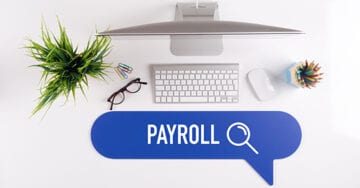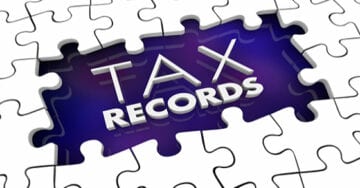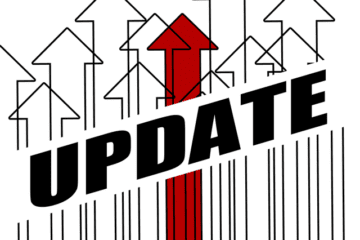To say that most small to midsize businesses have at least considered taking out a loan this year would probably be an understatement. The economic impact of the COVID-19 pandemic has lowered many companies’ revenue but may have also opened opportunities for others to expand or pivot into more profitable areas.
If your company needs working capital to grow, rather than simply survive, you might want to consider a mezzanine loan. These arrangements offer relatively quick access to substantial funding but with risks that you should fully understand before signing on the dotted line.
















